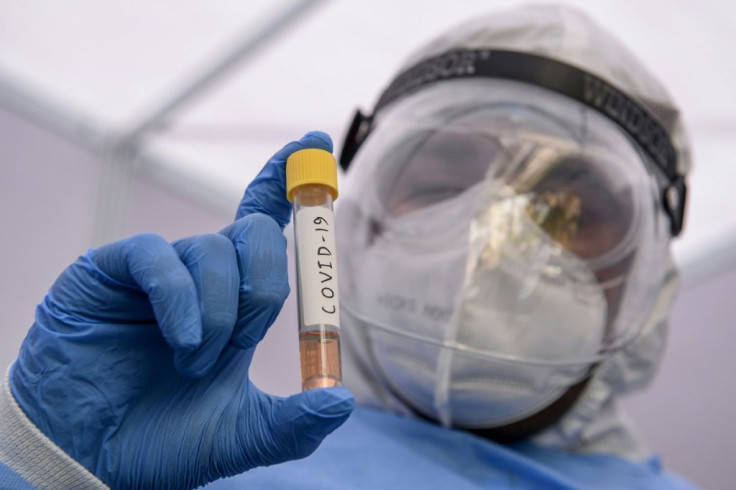Low Vaccine Rates Draw Concern As Delta Variant Spreads
While several U.S. states are on track to either reach or exceed goals of having 70% of adults vaccinated against COVID-19 by President Biden’s July 4th deadline, less than half of those adults have received even a single dose of vaccine in five states—which is becoming a growing cause for concern as potentially more transmissible and dangerous variants continue to spread around the globe—including in the United States.
According to the most recent data from the CDC, 64.1% of Americans have received at least one dose of a COVID-19 vaccine, a promising number—but one which shows the country is still expected to fall short of the administration’s goal of 70% of Americans having a dose by Independence Day. Part of the reason the goal will remain likely just out of reach is hesitancy among some to still get a vaccine, as well as states which are lagging far behind on convincing skeptics to get a shot.
CNN reports that in Alabama, Louisiana, Mississippi, Tennessee and Wyoming specifically, less than 50% of adults have received at least one dose. According to earlier data from the New York Times with projections for where each state and U.S. territory would likely fall by July 4th, those states will largely remain below that amount. Tennessee is the only one of the five expected to reach over 50%, while Wyoming is projected to just reach that benchmark. The other three are expected to fall short, landing at 49% (Louisiana), 47% (Alabama) and 46% (Mississippi) respectively.
The fact that the states are falling behind on these numbers—no matter the reasons for a lack of vaccines—is concerning to officials, however, because while cases are low in the United States and registering at the same counts as the earliest days of the pandemic, variants of the original virus are continuing to spread, meaning areas with low rates could become hot spots and threaten the work the country has done to return to some semblance of normal life.
The variant that is currently the most concerning is the Delta variant, which has since spread from India and is appearing around the globe. Reports suggest that it can be up to 40% more transmissible from the original virus, which is particularly dangerous and concerning, with doctors already warning that Southern States with low vaccination rates could particularly feel the force of it as early as this summer.
“I’m really holding my breath about the South and what happens over the summer,” Dr. Peter Hotez, co-director of the Center for Vaccine Development at Texas Childrens’ Hospital told CNBC. “Here in the South, particularly in Louisiana, Mississippi, we’re seeing really low vaccination rates. And less than 10% of adolescents are vaccinated in many of these southern states, so we have a real vulnerability here.”
While the news could be dangerous for that region of the country, things are looking up elsewhere. Tests have shown that while not as effective, the Pfizer vaccine still has an 88% efficacy rate against the new variant, meaning that vaccines do still offer some protection, and areas of the country like the Northeast are in good shape even if variants do circulate and become dominant strains, as states in New England and the New York, New Jersey area are all doing well with reaching vaccine goals.
New York, which is projected to exceed the 70% goal, will see more restrictions lift when the state hits that goal. While most restrictions have been removed, some are still in place, and WRBG, a CBS affiliate in Albany, reported that Governor Cuomo will remove the rest when the state hits 70%--something it should reach soon, with 69.2% of New Yorkers over the age of 18 receiving at least one dose thus far.
Among the changes would be capacity restrictions, social distancing, health screenings, cleaning and disinfecting and contact tracing requirements that are still in place in various settings such as restaurants, retail, offices, gyms, amusement and family entertainment parks, hair salons, barbershops and personal care services. Guidelines would still be in effect in schools, on public transit, at large-scale event venues, and in nursing homes, healthcare settings and correctional facilities.

© Copyright IBTimes 2025. All rights reserved.





















